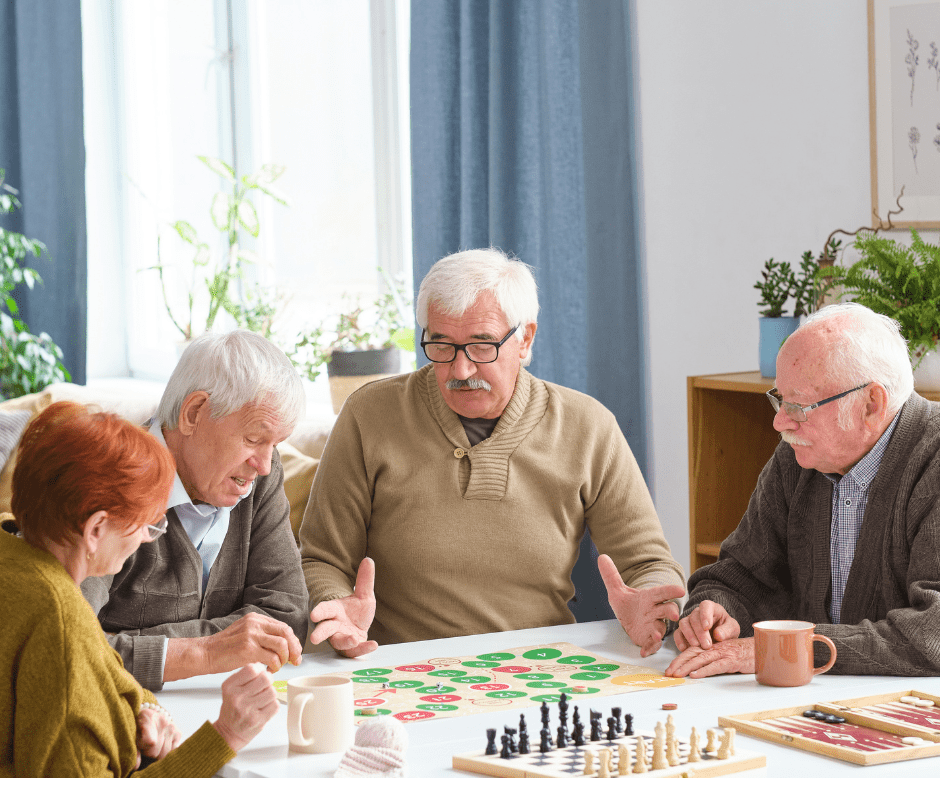Seniors' Safety During Summer Heat Exhaustion!
Heat exhaustion can be particularly dangerous for seniors, as they are often more vulnerable to the effects of heat and may have underlying health conditions that make them more susceptible to heat-related illnesses. The ability to regulate body temperature tends to decrease with age, and seniors may have a harder time adapting to changes in temperature.
Heat exhaustion occurs when the body overheats due to prolonged exposure to high temperatures or strenuous physical activity in hot weather. It is characterized by symptoms such as heavy sweating, weakness, dizziness, headache, nausea, elevated body temperature, and rapid heartbeat. If left untreated, heat exhaustion can progress to heat stroke, a life-threatening condition.
Seniors may be at higher risk of heat exhaustion due to factors such as:
Reduced Ability to Sweat: Aging can decrease the body’s ability to sweat, which impairs its natural cooling mechanism.
Chronic Health Conditions: Seniors may have underlying medical conditions such as heart disease, diabetes, or respiratory problems that can increase their susceptibility to heat-related illnesses.
Medications: Certain medications, such as diuretics, beta-blockers, and antihistamines, can interfere with the body’s ability to cool itself or increase the risk of dehydration.
Limited Mobility: Seniors with limited mobility may have difficulty accessing cool environments or may be unable to move away from heat sources.
To help prevent heat exhaustion in seniors, consider the following measures:
- Stay hydrated: Encourage seniors to drink plenty of fluids, even if they don’t feel thirsty. Water is the best option, but they can also consume other hydrating beverages like sports drinks or coconut water.
- Dress Appropriately: Advise seniors to wear lightweight, loose-fitting clothing made of breathable fabrics, such as cotton, and opt for light colors that reflect sunlight.
- Seek Shade and Cool Environments: Suggest seniors to stay indoors or in shaded areas during the hottest parts of the day. Air-conditioned environments can provide relief from the heat.
- Limit Strenuous Outdoor Physical Activity: Avoid strenuous activities during peak heat hours and engage in lighter exercises during cooler times of the day.
- Use Cooling Measures: Incorporate the use of fans, air conditioners, or cool towels to help lower body temperature.
- Check on Seniors Regularly: Ensure that seniors have regular check-ins from family, friends, or caregivers to monitor their well-being during hot weather.
Provide a List of Fun Activities: Add summer activities that seniors can enjoy during the summer, such as swimming, hiking, biking, gardening, and playing simple outdoor games.
Keep them informed: Have live or virtual sessions and share information on resources and programs that are available at their current residing community.
Share tips: Provide safe and healthy tips to avoid summer heat exhaustion. Some examples are staying hydrated, wearing sunscreen, and avoiding heat stroke.
If you suspect someone is experiencing heat exhaustion, it’s important to take immediate action. Move the person to a cool, shaded area, have them lie down, and provide fluids for rehydration. Applying cool water to their skin or using a fan can also aid in cooling. If symptoms worsen or do not improve after a short period, seek medical attention promptly.
Remember, heat-related illnesses can be serious for seniors, so it’s crucial to take preventive measures and be vigilant in monitoring their well-being during periods of high heat.

